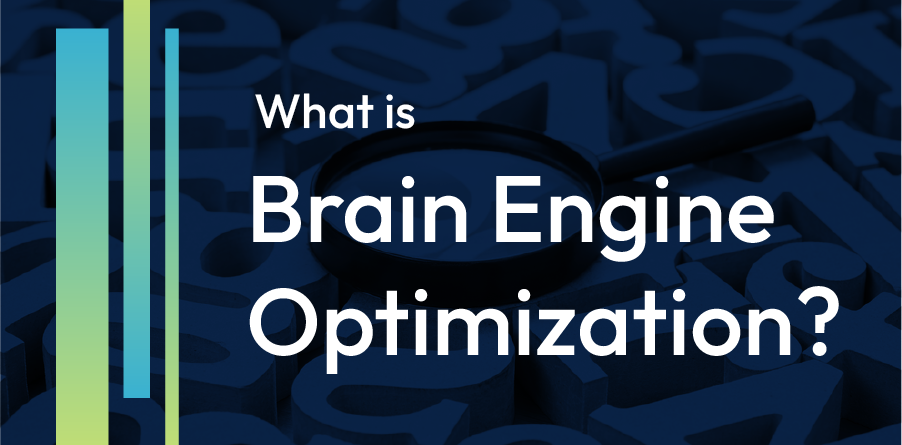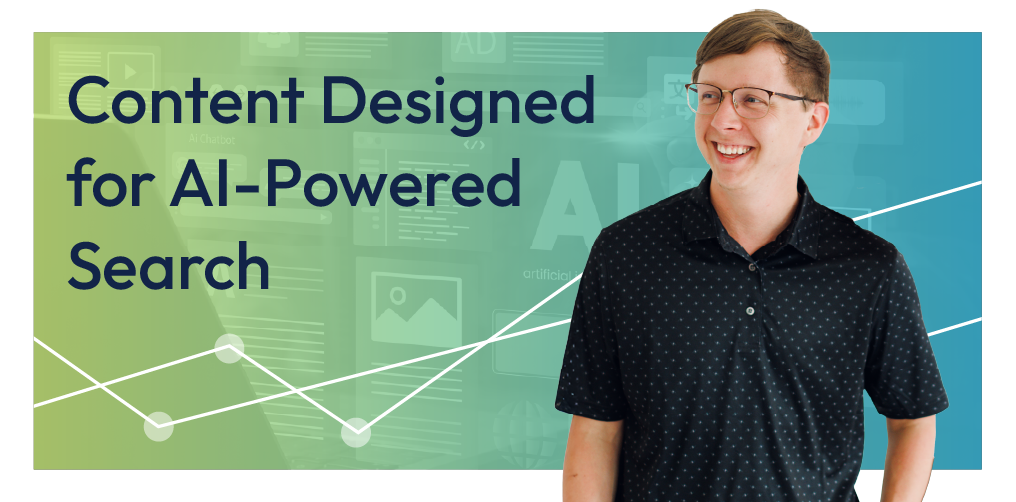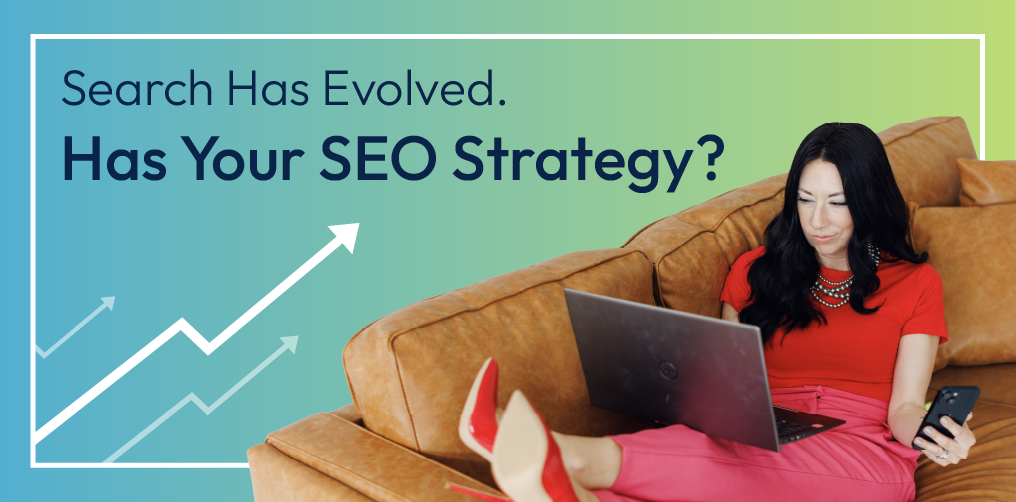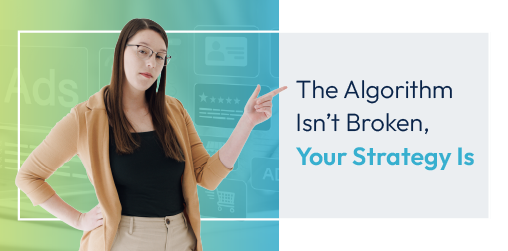What is Brain Engine Optimization?

Recent research suggests that brain engine optimization (BEO) could replace search engine optimization (SEO). Do claims that marketers switch their focus from lead generation to memory generation hold merit?
Below, we dig into the nuances of this question, outlining the theory of BEO and exploring how it could positively impact your marketing efforts.
Let’s dive in!
The Story Behind Brain Engine Optimization (BEO)
According to Peter Weinberg and Job Lombardo of the B2B Institute, the most important search engine marketers should invest in is the human mind. Why? Because humans remember brands right before a purchase decision based on past interactions with that brand rather than pulling out their phone and Googling it.
Recent research by Professor Jenni Romaniuk helps explain what BEO is and how brain engine optimization is not entirely different from SEO.
Here’s why. Keywords are important – mental keywords. Professor Romaniuk calls these Category Entry Points (CEPs). She defines CEPs as internal and external “cues” that buyers access in buying situations.
Romaniuk writes, “a category buyer first draws on existing memories to identify potential brands for purchase. These memory-generated brands are the starting point for the buying process. Other sources and search engines (e.g. Google, colleagues) are usually only consulted if the memory-generated options are insufficient. And, even when consultation does occur, buyers still show a bias for the brands they already know.”
In other words, in a buying situation, a customer won’t consult Google before making a purchase. He or she will reference their memory.
According to Romaniuk, CEPs are directly linked to increased sales. Brands should establish CEPs with their target customers before the purchase decision, helping with customer acquisition and customer retention. Weinberg and Lombardo write: “According to the research, each additional CEP link lowers the odds of defection by 5%. If you care about acquisition or retention, then you should care about CEPs.”
Of course, marketers care about custom acquisition and retention! How do CEPs help?
How to Achieve Category Entry Points (CEPs)
1. Identify the CEPs that make sense for your industry
In your industry, what are the cues that trigger a buying situation? To rephrase in a more common way: what are the problems your product or service solves? What are your biggest customer needs?
In digital marketing, CEPs could include “my business is faltering and needs new growth initiatives” or “how we should allocate our marketing budget this year.”
Start with a list of the cues that trigger purchase situations, but don’t stop there. Next, identify the best, most valuable CEPs for your brand. Not every CEP that applies to your industry will be profitable for you.
The process of analyzing the commercial value of a CEP begins with considering “three Cs”:
- Commonness – is the CEP commonly occurring?
- Credibility – does the CEP offer legitimacy to your brand?
- Competitiveness – is the CEP already associated with your competitors?
2. Link your brand to your priority CEPs
Start with a short list (3-5 items) of valuable CEPs. Then, identify creative ways to incorporate these CEPs into your marketing endeavors, creating and strengthening mental links from these CEPs to your brand.
3. Measure the success of your efforts
Over time, you should see an increase in buyers mentally linking CEPs to your brand. Ultimately, this will result in lead generation. But lead generation is not the initial goal.
Weinberg and Lombardo say it well: “Most B2B marketers are obsessed with lead generation, but the best… are obsessed with memory generation. If your brand doesn’t get remembered in a buying situation, it isn’t likely to get bought – period.”
People purchase what they remember. It’s as simple as that.
RivalMind: Meaningful Customer Interactions
At RivalMind, we are all about meaningful customer interactions – touchpoints with your target audience that produce profitable results.
Learn more about our holistic digital marketing services on our website, or reach out to a team member at 331.228.9636 or via our
contact form. We look forward to helping you reach your target audience in meaningful, profitable ways.

Meet the Author
Harley Helmer
Director of Search Marketing
Harley Helmer is a digital marketing professional with nearly a decade of experience in the industry. Today, he's the head of search marketing strategy at RivalMind, responsible for developing and executing comprehensive SEO campaigns that improve online visibility and boost organic traffic. His pragmatic, no-nonsense approach to marketing – paired with a robust knowledge base – helps him deliver innovative solutions to technical challenges and deliver real client success.
Specialties: SEO Strategy, Google Ads, and Search Marketing Opinions
Looking for more organic website traffic?
Welcome to RivalMind. Our purpose is to help your business thrive. We are a digital marketing agency that offers SEO, PPC, Web Design, Social Media and Video Solutions as tools to our clients for online business development and growth.
Contact us today to get started!
Blog Contact Form
Connect with Us:




